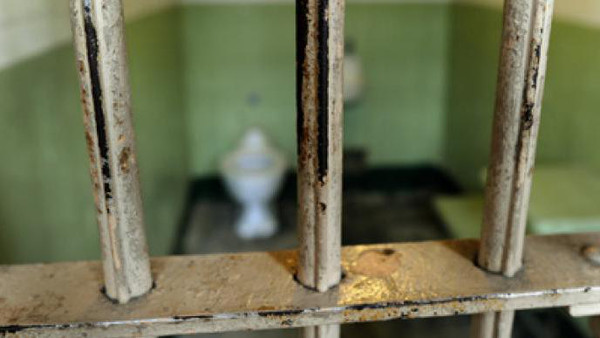KUALA LUMPUR, Jan 23 ― Public officials convicted of corruption should receive mandatory life imprisonment, Malay rights group Perkasa suggested as a way to tackle the country's growing graft problem.
At a forum on corruption last night, the group also mooted other punishments such as caning for corrupt officials as well as raising corruption to the same level as drug trafficking in the eyes of the law.
“Details of the mandatory caning and life sentences should be refined to be commensurate with the offence,” said Jais Abdul Karim, a Perkasa supreme council member.
The group also pressed for changes to the way the Attorney-General and public prosecutors are appointed in order to eliminate possible conflicts of interest.
It said this would prevent those in charge of prosecuting corrupt officials from possibly being beholden to any.
“The appointment of the two posts must be made directly by Parliament through a special provision of law. The Attorney-General's office must be transparent and not make selective prosecutions,” Jais said.
The Malaysian Anti-Corruption Commission (MACC) recently made a string of arrests that provided a glimpse into the level of corruption in the country.
Last year, the commission uncovered corruption at the Sabah Water Department and seized over RM100 million in cash and assets obtained via unlawful means.
The MACC also arrested the secretary-general of a federal ministry and two of his sons for alleged corruption this month, seizing from them a combined RM5 million in cash and gold.
It followed that up with arrests at the Immigration Department in Selangor over a suspected passport fee embezzlement ring that the commission said could be a nationwide problem.
Earlier in the forum, Transparency International Malaysia (TI-M) president Datuk Akhbar Satar lauded the MACC's recent efforts, but similarly suggested that the AG be made independent of the executive in order to safeguard the office's independence.
He noted that the AG, in the Malaysian context, was both the advisor to the government and the most senior public prosecutor in the country, roles that he said could create conflict when dealing with corruption among public officials.
“The biggest hurdle is the Attorney-General. The Attorney-General has two (functions), as the adviser of the government and public prosecutor,” he said, adding that the arrangement could be abused.
The AG is currently appointed by the Yang diPertuan Agong on the advice of the prime minister.
Perkasa also reiterated its call for the government to enact the Economic Saboteurs Act, which will carry the same effect as the repealed Internal Security Act (ISA). This is to allow indefinite arrest of a corruption offender so that a complete investigation can be carried out.
The group also pressed for all Cabinet members, executives of GLCs, and senior civil servants to declare their assets through statutory declaration for every end of year.



















